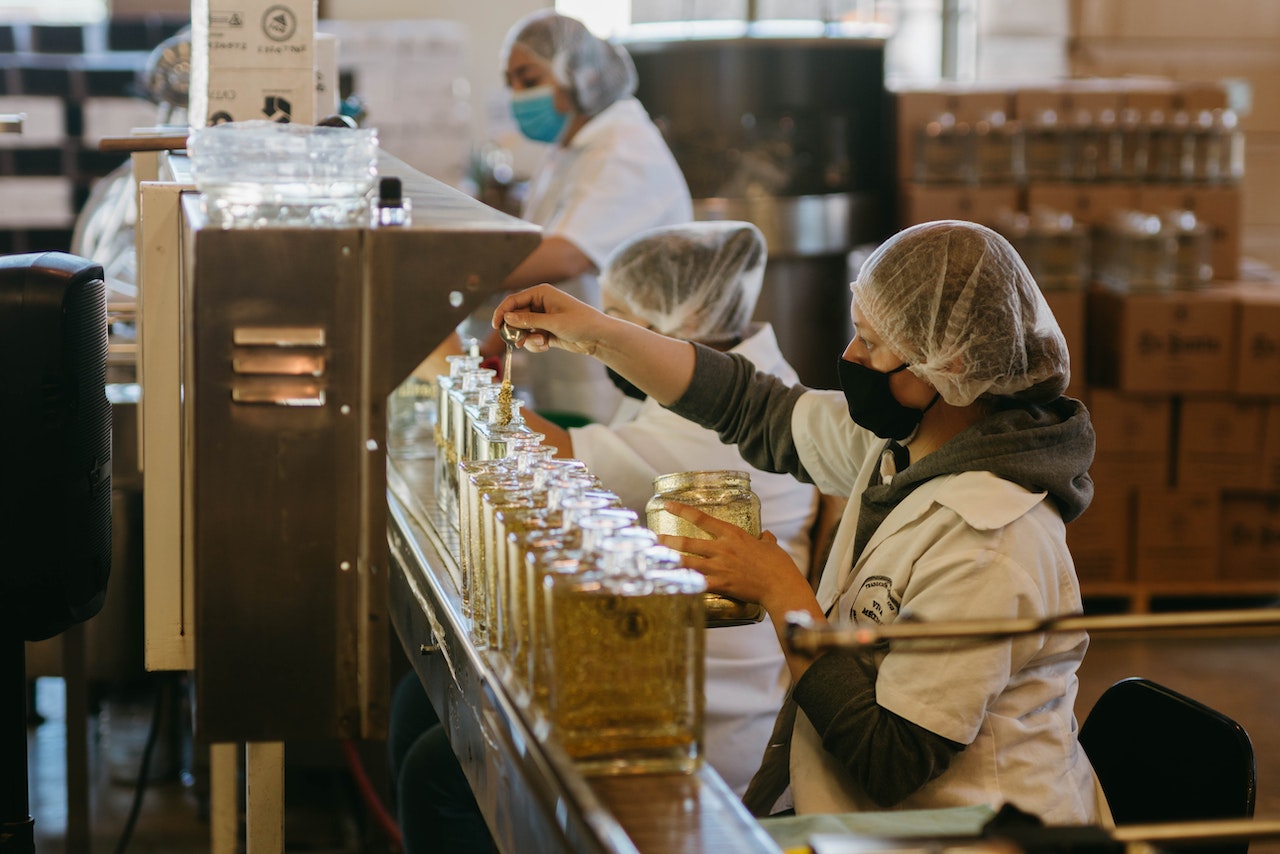In the manufacturing industry, one key trait that is vital to the overall success of the business is the efficiency of production lines. Regardless of what is being produced, the faster the overall production process takes, the more scope there is for each unit of production to generate more profits. Put simply, a factory that can produce one hundred items an hour will be ten times more efficient than a factory making identical products that can only produce ten in an hour. Technology plays a key role in any factory in achieving high levels of output. Since the dawn of the industrial revolution, technology has been one of the biggest factors in achieving economies of scale and driving mass production. In this article, three top tips have been discussed that help any production line achieve a greater level of efficiency.
Table of Contents
Insist on the Best Equipment
On any production line, there will be a range of manufacturing equipment that serves to streamline and automate parts of the production process. It is recognized that manufacturing equipment can be an extremely expensive cost for any manufacturing business. Machinery is often custom designed to suit the needs of the business and it can cost from tens of thousands of dollars to over a million dollars depending on the scale and complexity of the equipment. It is important to understand that buying the best equipment for manufacturing processes is often a wise investment. However, if a company has financial constraints, it has options available to acquire necessary equipment without making a large upfront investment. Companies such as Equipment Leases can provide a viable solution by helping companies with a bad credit rating get equipment on lease, enabling businesses to access the latest equipment and keep functioning at optimal levels.
The latest components and machinery may need to undergo the passivation of stainless steel in their construction to ensure that they are suitable for specific purposes (such as in the food industry) and are not subject to corrosion. These types of treatments on plant machinery increase their costs but it also increases their reliability and longevity. Put simply, buying well-designed and built components and machinery may cost more in the short term but often save time and money in the long term thanks to longer useful production lives and less need for repair or maintenance.
Train Staff Effectively
Along with the latest and most efficient machinery, there is a need for well-trained staff to run the production lines effectively. Depending on the tasks that are required the staff may need to have varying levels of skill and industry-specific knowledge. All staff should undertake comprehensive training as part of their induction process so that they are fully aware of how to operate specific machinery and complete various production processes. Well-trained staff are competent staff and will be less likely to suffer accidents or injuries in the workplace that result from a lack of understanding of safe practices and procedures.
Also Read: The risks of poor contract management
Motivate Staff
Along with the need to train staff effectively comes the need to ensure that they are highly motivated. Motivated staff are far more likely to undertake their tasks to a higher standard of workmanship and may be able to produce components or undertake processes at a faster rate. One way to motivate staff, especially those who undertake repetitive tasks, is to offer financial incentives for producing output that exceeds expectations. Bonus pay schemes and performance-related pay frameworks are commonplace in the manufacturing industry. They serve to highlight the importance of efficient production processes and reward employees who continually work to a high level of production whilst producing goods to an expected standard.
